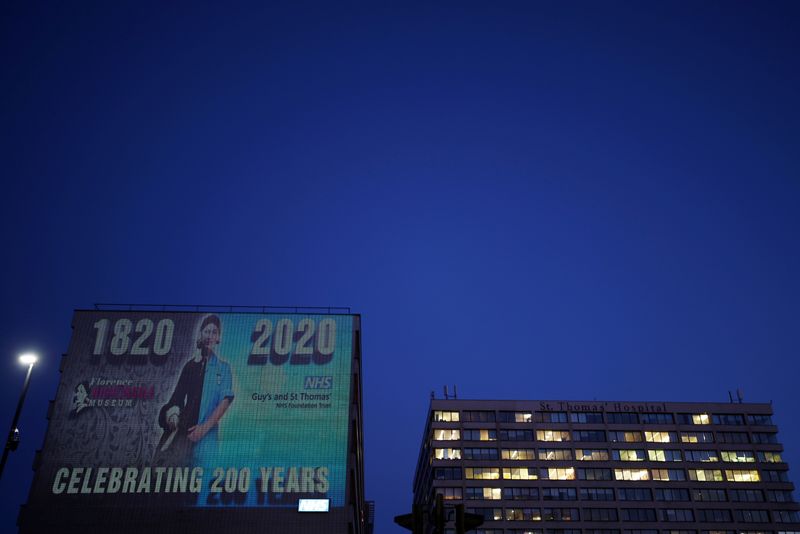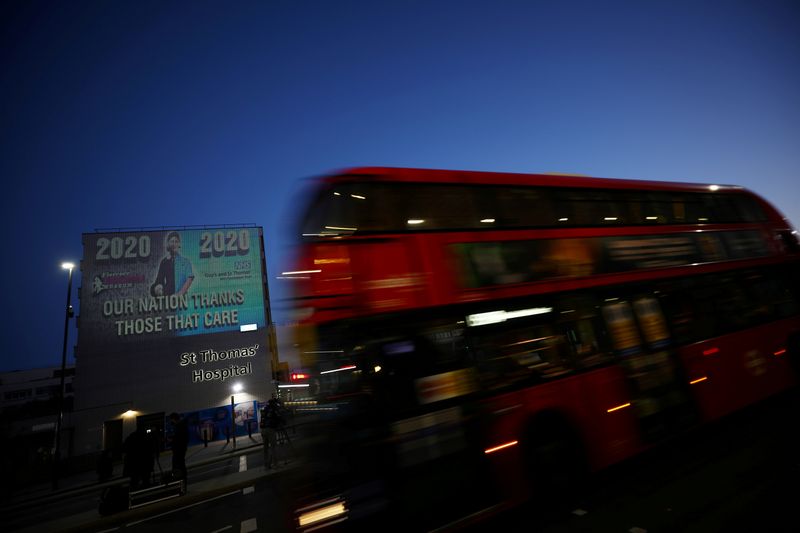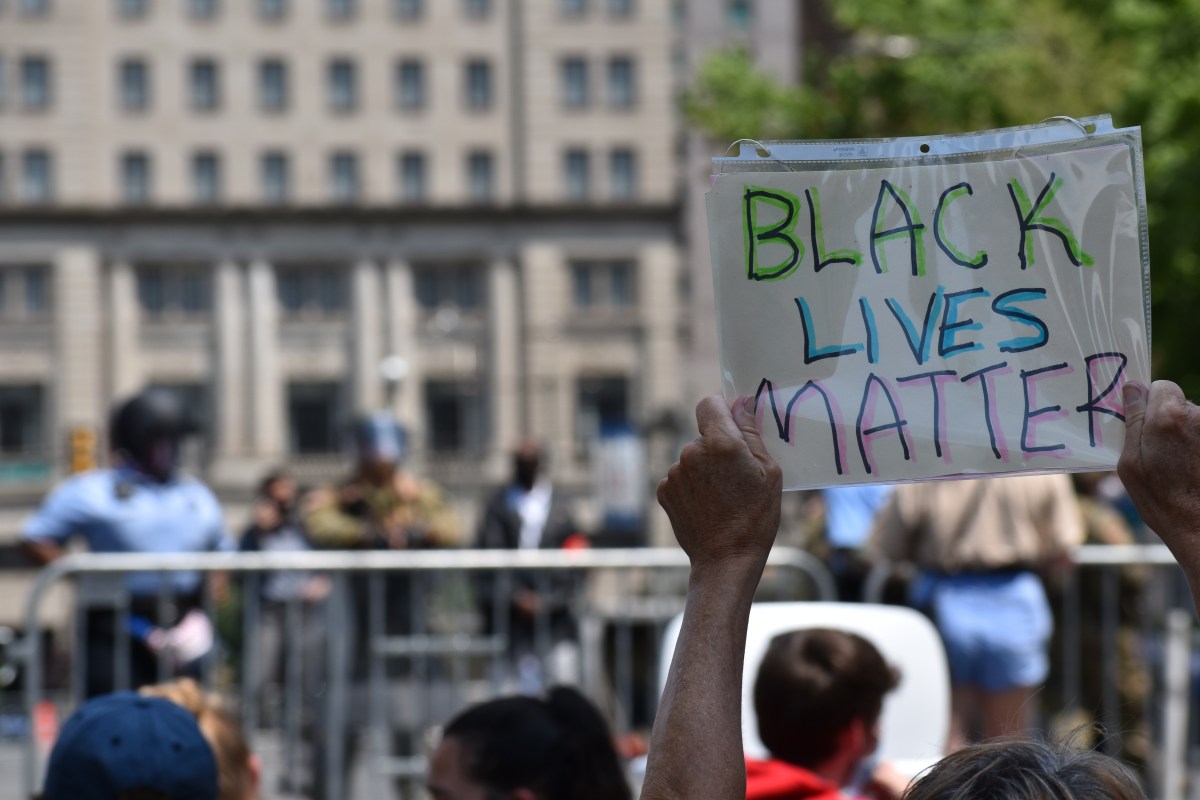LONDON (Reuters) – Nurses in central London admired a giant projection of Florence Nightingale onto the buildings of Guys and St Thomas’ hospitals on Monday night to mark 200 years since her birth and her legacy to modern nursing.
The projection will be repeated on Tuesday night and includes a tribute to all those who serve today in the care sector.
Nightingale became famous after she and a small team of nurses travelled to modern-day Istanbul in 1854 to treat British soldiers wounded in the Crimean War, in which British, French and Ottoman forces fought the Russian Empire.
In a filthy hospital she saw thousands of soldiers die from infectious diseases rather than their wounds, prompting her to try and improve conditions.
“It’s so nice to see Florence Nightingale on the side of a hospital. She is a big part of our history,” said nurse Rebecca Boxall, speaking outside St. Thomas’.
Throughout her life, Nightingale stressed the vital importance of good hygiene and cleanliness and her advice to wash hands thoroughly to prevent infection remains central, including in the fight against the new coronavirus.
“I can’t believe it’s 200 years since she said basically ‘wash your hands’ and how prevalent that is now,” said nurse Janet Carroll.
Nightingale was also a pioneer of ‘evidence-based healthcare’, gathering data and producing statistics to prove the importance of cleanliness, sanitation, and suitable facilities. She died at the age of 90 in 1910, continuing to work and to write late into her life.
St Thomas’ in London continues to treat those suffering with COVID-19. Past patients include Prime Minister Boris Johnson.
“There is so much we can learn from now and that’s what we need to take forward… that’s what I think Florence did in her critical time and we have got our critical time,” said Carroll.
(Writing by Alexandra Hudson; Editing by Janet Lawrence)





















